Well my goodness, readers. It has been a very long time since the last installment of the Carole Lombard Filmography Project, Backlots’ running series in which I attempt to see Carole Lombard’s complete filmography and blog about each film. A series of circumstances have pushed the project back by several months and that is why you haven’t seen much Carole here recently. But fear not, the CLFP is back and come hell or high water, it will be completed!
Today’s installment is a guest post from Melissa Gluck–a lawyer by day, classic film fan by night–who very graciously took the time to write a piece on No More Orchids and Carole Lombard’s contribution to the pre-Code era. Though thought of as mostly a screwball comedic actress, Carole Lombard made several quality pre-Code dramatic films and, had she lived longer, I would venture to say that she could have given such versatile stars as Barbara Stanwyck and Irene Dunne some stiff competition. As it was, however, Carole’s early death tragically cut short what was looking to be a very, very bright future and we will never know what was in store for her.
In this post, Melissa points out that this is Carole before her breakthrough comedic role in Twentieth Century, and No More Orchids showcases Carole’s talents in an entirely different way.
So without further ado, here is Melissa’s post!
—————————————————————————————————-
No More Orchids, and the pre-Code oeuvre of the Queen of Screwball
Carole Lombard. Among us classic film buffs familiar with her impressive body of work, her name evokes the well – deserved moniker “Queen of Screwball Comedy.” Her brilliant career was, of course, cut short by her tragic death in a plane crash in 1942 at the age of 33, and ardent fans such as myself still mourn the loss whenever watching her luminous, sparkling presence onscreen. I believe it is not an exaggeration to say that had she not died, she would very likely have done for television what Lucille Ball or Carol Burnett later did. She paved the way for these greats, with Lucille Ball confirming that her decision to do “I Love Lucy” was based in large part on the fact that her friend Carole had come to her in a dream and told her to take a chance and go ahead with the project.
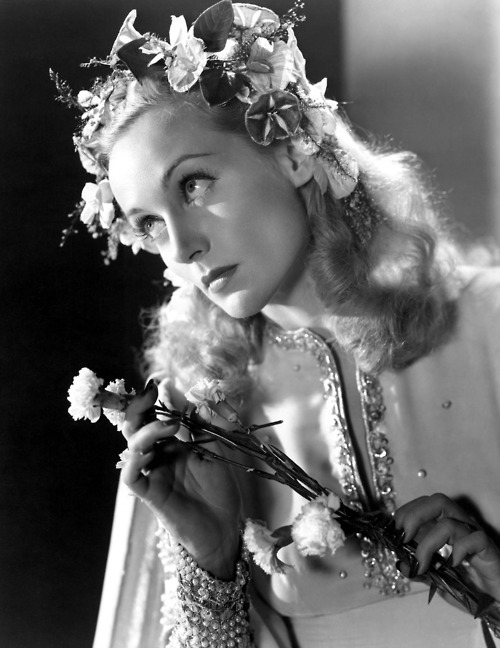
Before Carole’s breakthrough in what is widely considered one of the pioneering films of the screwball genre, the wonderful “Twentieth Century” costarring John Barrymore, Carole did an impressive array of pre-Code films. Her performance in these has been widely overshadowed by her later success as one of the comedic greats of all time, however, after having watched movies such as “Virtue”, “Man of the World” and “No More Orchids”, I strongly believe that these long overlooked films are more than worth a look. Though one could argue that the plots are somewhat hackneyed, Carole still shines, captivating as ever. These movies showcase her burgeoning talent as a dramatic actress as well – a talent that was never fully recognized when her career was so tragically cut short. I believe Carole had an incredible versatility, and that there was no limit to what she could have done.
My focus today is on one particular film, “No More Orchids”. The 1932 film, directed by Walter Lang, was based on the novel by Grace Perkins, and also costars renowned character actors Walter Connolly as Carole’s endearing, sentimental and hapless father Bill and Louise Closser Hale as her wisecracking grandmother. Lyle Talbot plays her love interest, and this is an interesting role for Talbot, an actor who starred in over 150 “B” movies during his film career. As Tony Gage, Talbot is the proud, upstanding, thoroughly masculine, hard working man who draws the attention of the wealthy, spoiled heiress Anne Holt played by Lombard. They meet on an ocean liner traveling from Paris, whose departure is held up by Anne’s decision to go on a “joy ride” and return drunk, lacking consideration for the other passengers aboard. The ship waits for her because her demagogic grandfather Cedric (played by C. Aubrey Smith) owns it, making her the heiress to the “biggest fortune in America”.

As Anne stumbles onto the boat, her displeased grandmother informs her that she is in need of a “good walloping”. She enlists the help of fellow passenger Tony Gage, who carries Anne to her cabin. As Anne, Carole is as swift and witty with the wisecracks as ever but unlike the later madcap heiress role that would make her so famous, Anne is no Irene Bullock. She’s neither innocent nor sentimental, and quite aware of her sex appeal. All of this appears wasted on the stalwart Gage, who openly expresses his disdain for her. And of course there is the other fact that Anne is technically engaged to a prince, a marriage arranged by her curmudgeonly grandfather.
In what a find a particularly interesting scene, Anne spots Tony working out in the gym on the cruise liner. Anne watches with rapt attention, captivated by his unbridled masculinity, the scene and is an interesting one because the sexual tension between them is so palpable and the snappy dialogue so witty. This, among other scenes in the movie, would never have been possible after the implementation of the Hayes Code. The movie continues to deal pretty openly with sex throughout. It should also be noted that this scene makes use of Carole’s talent for physical comedy (in a sequence in which she attempts to keep up with Tony on an exercise bike while clad in a gown and furs), a talent that would become one of her trademarks.
The chemistry between the leads is obvious, but instead of Tony pursuing Anne until he finally breaks her down, it is quite the other way around. It is Anne who must convince Tony of her sincerity. It is not Tony who has to prove himself, but Anne, who must in effect make up for the fact that she is a product of wealth and privilege and show Tony her substance as a person. And this is a role Carole handles deftly, switching from wildly flirtations to petulant to gleefully infatuated to heartsick.

The plot is in some ways standard, hackneyed pre-Code fare: a romance that traverses the boundaries of economic class and thereby confronts the formidable obstacle of a firmly entrenched social hierarchy – embodied by Anne’s cruel, unforgiving grandfather. Cedric is determined to have Anne marry into royalty and will stop at nothing to ensure that she does so. He has the leverage to do this because he knows that his son-in-law’s bank is failing, and without financial help Anne’s beloved father Bill will likely go to prison. This of course requires a sacrifice on the part of Anne, and throughout the film we see her go from entitled to selfless. Carole handles this role adeptly, using facial expression, tone of voice and body language to convey her character’s transformation.
No More Orchids is, of course, still a 1932 pre-Code romance, and thus includes all of the melodrama that goes along with it. However, it has much to recommend it as it includes humor, a snappy dialogue and some truly fine performances. At the risk of giving away the ending I won’t go into too much more detail here other than to say that the conclusion itself is not entirely standard fare pre-Code material.
It’s thoroughly enjoyable, and a must-see for Carole fans.

Thank you to Melissa for her wonderful guest post, and I will see you next time!

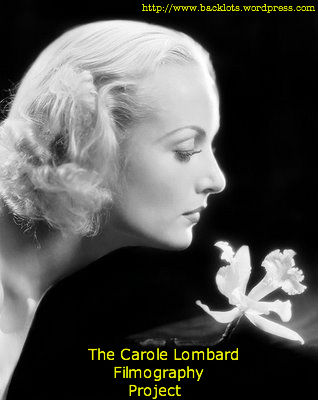
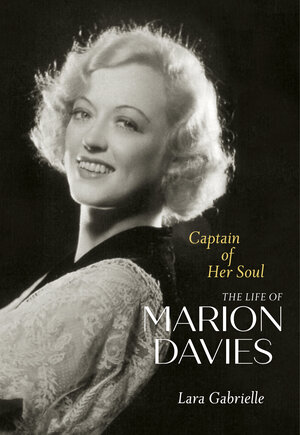


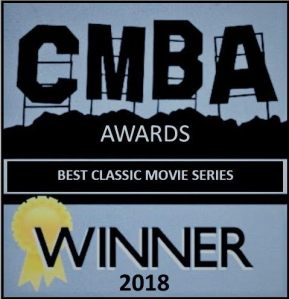



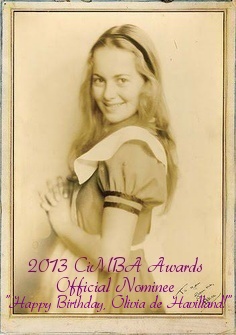
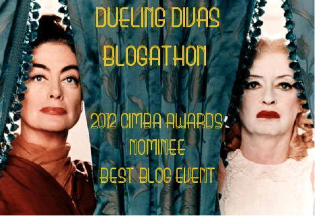








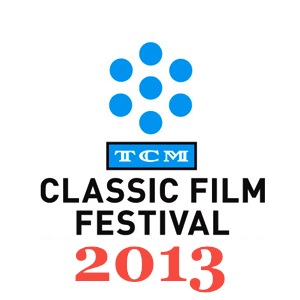



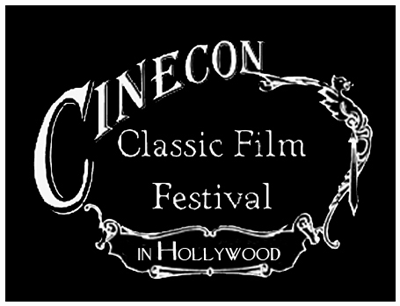




_03.jpg)
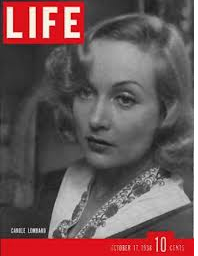

Wonderful job, Melissa. “No More Orchids” is probably my favorite of the three films in the “Carole Lombard In The Thirties” DVD set (although “Virtue,” part of another pre-Code box set, is probably her best performance prior to “Twentieth Century”).